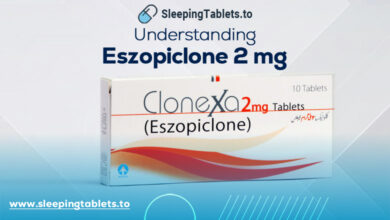
Understanding the Landscape of Healthcare Ethics as It Exists Today
Imagine this: you find yourself at an annual physical checkup. You’ve said hello to the receptionist, answered all of the nurse’s preliminary questions, and now comply with the doctor’s routine tests.
Afterward, you answer a few questions about your general health, then ask a few of your own. The doctor quickly, but diligently, discusses what they think, clarifies any misconceptions, and sends you on your way.
This sounds like a normal appointment, yet what makes it so? Plus, how can we ensure it stays that way? Healthcare ethics play a major role.
Learn more about how healthcare ethics regulate our medical experiences below!
Table of Contents
What is Healthcare Ethics?
Healthcare ethics references moral standards that healthcare workers use to optimize a patient’s experience and wellbeing under their care. Ethics hold everyone accountable for their work. They allow us to minimize mistakes and learn from the inevitable ones.
Healthcare, whether in a private medical clinic or a public hospital, requires its workers to make split-second, life-altering decisions every day. Ethics help ease such burdens. They remain pivotal to humanizing healthcare.
Autonomy
Autonomy refers to a person’s decision-making ability. Healthcare workers must respect and allow their patients’ decisions about personal treatment plans.
Patients need to decide what works best for them. Thus, they need all of the necessary information to make a sound decision. For example, someone may follow through with another round of chemotherapy to treat aggressive cancer but may choose otherwise if they learn that it only buys them an extra few months.
This differs greatly from the past, as medical practitioners often withheld information from patients and unilaterally decided how to proceed.
Beneficence
Beneficence demonstrates altruism, to act on others’ behalf. In healthcare, this means the provider should aim for a positive outcome that minimizes risk.
It also makes them obligated to rescue or save others’ lives, help those who have disabilities, and remain kind.
Beneficence also stresses prevention, when possible. Healthcare workers should remove others from harm’s way if they can.
Nonmaleficence
Nonmaleficence goes hand-in-hand with beneficence. It essentially means to do no harm. Healthcare workers should refrain from killing, hurting, worsening, and/or offending their patients as much as possible.
This applies to patients’ information as well. Confidentiality remains key in patient-doctor relationships. Misusing patient data can lead to many legal dilemmas.
Justice
Justice ties into equity within healthcare. Healthcare workers must distribute resources fairly based on hierarchal needs.
Justice aims to give patients the best experience possible. It ensures everyone has a right to quality healthcare.
Healthcare Ethics’ Importance
Overall, healthcare ethics proves just as important as the hard, technical skills that come with the job. Healthcare workers must behave appropriately regardless of their personal beliefs and cultures so they can best serve their patients. Healthcare workers must behave appropriately regardless of their personal beliefs and cultures so they can best serve their patients.
Healthcare ethics demand a lot. That said, they help maintain a safe, healthy, environment for everyone to thrive.
Like this article? Then check out our website for more!








